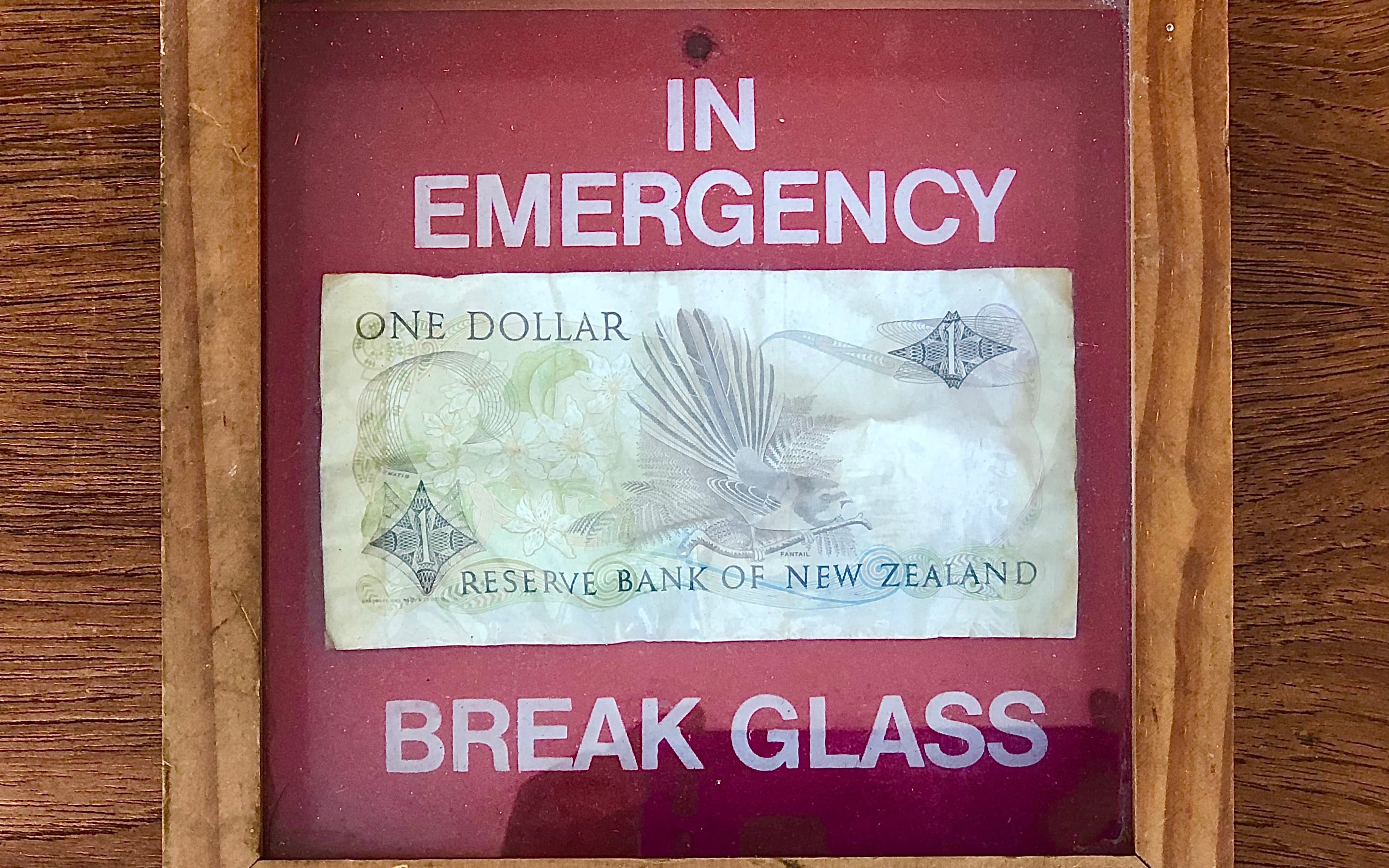NZME’s plea for permission to buy its rival Stuff for $1 by the end of this month kickstarted confusing counterclaims today which show a deal is far from done. It’s also a symptom of upheaval in an industry fighting for survival - and pressure on the government to back up commitments to help journalism survive the Covid-19 crisis.

Photo: RNZ Mediawatch
The first move came from NZME - with a statement to the NZX which said NZME and Nine in Australia agreed an exclusive negotiation period on 23 April to acquire Stuff.
NZME wanted government support to unblock the Commerce Commission’s opposition to the merger by the end of this month. To that end, NZME requested the Commission consider its application under urgency.
NZME - owner of the New Zealand Herald, other North Island newspapers and half of the New Zealand’s radio stations - has pursued this merger ever since both companies agreed a plan in 2016.
This morning it looked like a deal with Nine was all on - and it made sense.
Since 2016 NZME has spent lots of executive time and money on it, appealing knock-backs from the competition watchdog and the courts - twice.
But later this morning Nine told the ASX it had “terminated further engagement with NZME.”
Nine’s head of communications Victoria Buchanan was reported as saying it “terminated discussions" with NZME last week.
Shortly after midday, a statement authorised by NZME Chief Executive Officer Michael Boggs said:
“NZME’s view is that it is still in a binding exclusive negotiation period with Nine and does not accept that exclusivity has been validly terminated.”
Clearly both parties are at odds over their obligations to negotiate only with each other - raising the possibility that another offer is interesting Stuff’s Australian owners.
Meanwhile Stuff staff here were scratching their heads on the sidelines - including the top brass.
Australian news agency AAP reported an email to staff saying NZME’s $1 offer was “very surprising to both Nine and ourselves.”
“We are really not sure why NZME took this step, given the clear message from our owners that there would be no transaction,” Stuff chief executive Sinead Boucher told staff.
Does this mean no further negotiation is possible - and the deal is definitely dead?
NZME told Mediawatch it had nothing to add to its statements to the NZX.
When asked if the two companies are communicating over this apparent impasse, NZME’s spokesman would only say they will have “more to say at some point.”
It’s a stark contrast to the genesis of the merger plan when NZME and Stuff (then Fairfax Media NZ) agreed a plan in strict secrecy and unveiled it in co-ordinated statements on the NZX and ASX respectively in 2016.
Since then, Fairfax Media in Australia has been acquired by Nine, a major media company with digital, radio and TV assets more important to them than newspapers and online news in New Zealand.
Nine has missed self-imposed deadlines to sell off Stuff this past year and, given its own Covid-driven problems, it will not want to endure any losses in future.
The distance between the two boards in today’s statements shows how desperate they are to do a deal on the best possible terms for themselves.
Sending signals to the government

NZME chief executive Michael Boggs at the TUANZ 2019 Digital Media Convergence symposium. Photo: PHOTO / RNZ Colin Peacock
NZME’s move is also about pressuring the government.
“NZME is not seeking financial assistance from Government to support the purchase of Stuff,” NZME’s statement to the NZX says pointedly.
Unveiling a $50m targeted assistance package for media released in late April, broadcasting and digital media minister Kris Faafoi said there was “a natural level of function of journalism the Government wants to see.”
“Media plurality, the function of journalism and preserving as many jobs as possible are the priorities", he told reporters.
News publishers didn't benefit much from the package, though NZME's radio business will benefit from the cuts to transmission costs.
Faafoi also said at the time the government was looking at a ‘Kiwishare’ arrangement in which a combined Stuff and NZME would ringfence newsrooms and local titles while merging the rest of their operations.
With that in mind, NZME’s statement said the acquisition of Stuff “is important to the continued operation of a robust fourth estate and plurality of voice in this country.”
NZME said savings from combining business operations would support “the future of New Zealand journalism by a local, committed national news media outlet,” it said, and “NZME... is best placed to preserve mastheads, newsrooms and jobs.”
Around 450 journalists have lost their jobs since late March - among them many at NZME.
Late last year, deputy PM Winston Peters signalled his support for the merger.
“News media companies which were once powerhouses are now sunset industries,” Peters said - with NZME executives in the audience at the Beehive.
Peters spoke of “the collapse of the Fourth Estate here”, but this was a red flag for the next-biggest New Zealand publisher Allied Press which would come under pressure from a super-sized national competitor.
“Winston Peters is dead wrong when he says our Fourth Estate is collapsing," thundered Allied’s flagship paper the Otago Daily Times under the headline: “No future in monopolising news”
"Some companies, by virtue of their own actions, are worse off than others," said the ODT.
Careering down the runway
Long before the Covid-19 crisis, both companies argued a merger would give them more “runway” to launch a single entity which could survive in the digital age in which most of the advertising revenue goes to offshore companies like Google and Facebook.
But when the Commerce Commission decided the reduction in choice and diversity did not outweigh the benefits, the companies did not argue they couldn’t survive without a merger.
In the emergency environment post-Covid, NZME is effectively making that case now.
NZME’s statement to the NZX says “consolidation is urgent in the face of dramatically declining advertising revenue and current general economic conditions.”
The value of both companies has declined dramatically too.
Early on in the merger process in 2016, Stuff confirmed it had received an unsolicited offer of reportedly $100m to $120m. It was rejected as “lowball” at the time by HQ in Sydney.
NZME's $1 offer shows how times have changed.
The share price of NZME has fallen to levels dropping its market value at around $30m.
The Budget this week will reveal whether the government has the stomach for the kind of radical moves our big media players are prepared to make to stay in the news business.


